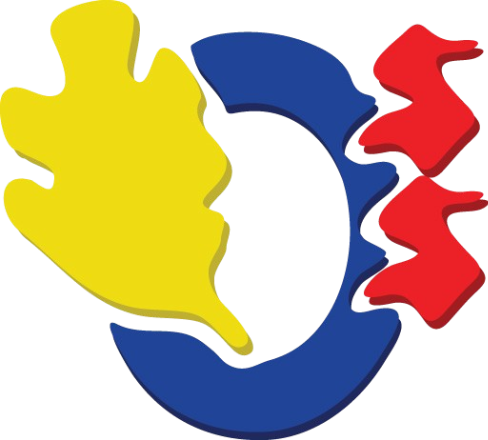Thought Processes
Rationalism vs. Empiricism
- The view that reason and logic are the primary sources of knowledge
- Rationalists argue that knowledge derived from reason (such as mathematics) is more reliable because it isn't subject to the unreliability of the senses
- The father of rationalism, Rene Descartes, famously said: "Cogito, ergo sum" or "I think, therefore I am"
- Based on "a priori" knowledge, which is knowledge gained independently of experience
Rationalism:
- The view that knowledge comes from sensory experience
- Famous empiricists like Locke and Hume believe that our ideas begin with experience and that the mind at birth is a "tabula rasa" (blank slate)
- Based on "a posteriori" knowledge, which is knowledge gained after observation
Empiricism:
In practice, both approaches are often blended. For example, in natural sciences, scientific inquiry often uses rational models to explain empirical findings.
Intuition
- "It's the learned, positive use of unconscious information for better decisions or actions." - Neuroscientist Joel Pearson
- Often described as a "gut feeling" or an instinctive insight
Intuition:
- The human tendency to see patterns or associations where none exist, and human fallibility when it comes to judging probability
- Examples: paranoia, emotional thinking, cognitive bias
Misintuition:
- 1. It's learned: applying previous knowledge for a specific situation
- Example: If you've been to many cafés your brain will process information, including temperature, music, coffee machine, how clean the floor is, etc., and thus you will know that some of those things predict better food and better coffee. As a result, if you visit a new café, your brain will apply this knowledge to give you a gut feeling about the place.
- 2. It's productive
- 3. It's based on unconscious information (aka blind action)
Components of Intuition
- S - Self-awareness: One must be aware of their emotional state. Emotions such as stress or excitement can cloud intuitive judgment and introduce bias.
- M - Mastery: Intuition develops with practice. You cannot rely on intuition when facing a completely new task. Experience strengthens the accuracy of gut feelings.
- I - Impulses and Addiction: Impulses or addictive behaviors can feel like intuition but are often irrational and misleading.
- L - Low Probability: Humans struggle with understanding and estimating probabilities accurately. This leads to misjudgments in risk and decision-making.
- E - Environment: Intuition is more reliable in familiar, stable environments. In novel or unpredictable settings, reflective System 2 thinking is preferred.
Improving/Using Intuition: the S.M.I.L.E. Method
System 1 vs. System 2 Thinking
According to Nobel Prize winner Daniel Kahneman's dual-system theory, humans use two types of cognitive processes:
- Fast, automatic, and subconscious
- Responsible for quick judgements and emotional reactions
- While efficient, it is also susceptible to cognitive biases and often leads to flawed conclusions
System 1:
- Slower, deliberate, and analytical
- Often used for problem-solving, planning, and critical evaluation
- Although more accurate, it requires more mental effort and is naturally avoided unless necessary
System 2:
Most daily decisions rely on System 1, which is useful for efficiency but vulnerable to error. System 2 must be activated when evaluating complex ideas or overcoming biases.

 TOK
TOK